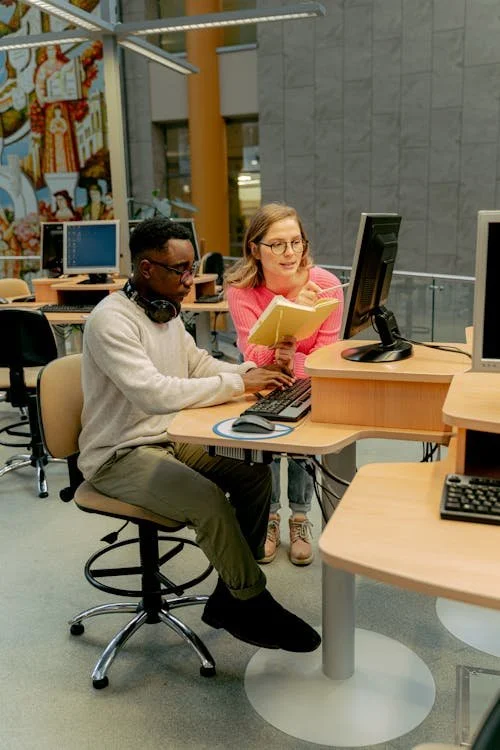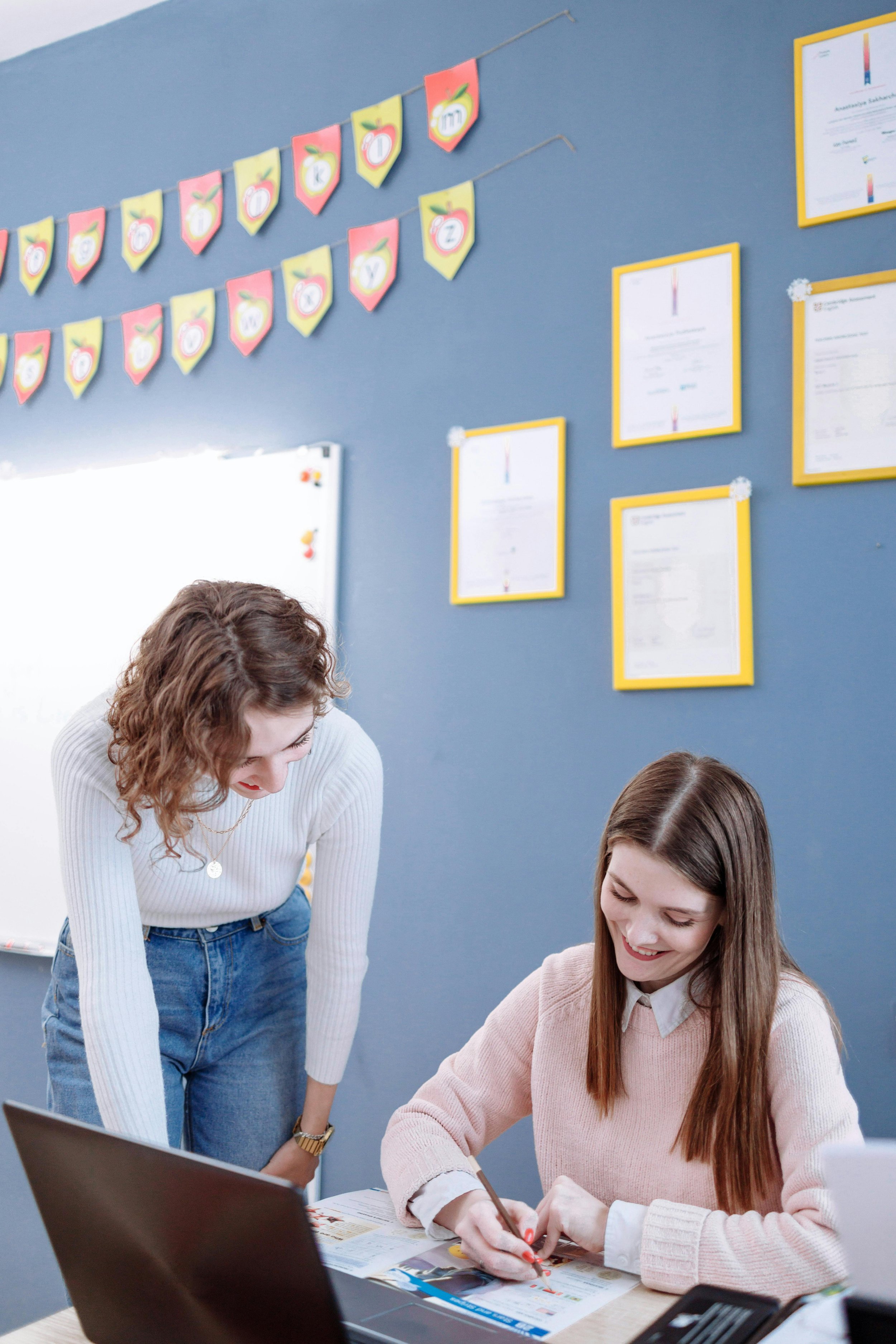
Accomodations
Accommodations are nothing more than adaptations to one’s learning style. As a neurodiverse student, accommodations empower you to display your knowledge to the best of your ability and even out the playing field. Advocating for yourself is the first step to ensuring you are off to the best start in college.
Make it stand out
Testing Accommodations
Does the idea of taking a test in a large lecture hall make you uncomfortable? Do you often feel rushed with time limits on assessments? Are you easily distracted when you know you need to focus? Don’t panic, testing accommodations are available. Look into these supports to help you do your best in stressful conditions.
Distraction free environment
Extra time
Breaks
Adaptive format
Large print
Adaptive technology
Screen reading
Speech to text
Scribes
Class Assignment Accommodations
Do you ever feel like assignments are harder than they need to be? Or like the way things are explained doesn’t quite click for you? Maybe it’s tough to keep up when the materials don’t match how you learn best. These supports are designed to make learning more accessible.
Audio descriptions to help you understand assignments better.
Visuals to break things down step by step.
Online textbooks so you can learn in a format that works for you.
Guided notes to keep you on track and focused.
Peer Mentoring
Starting college can feel overwhelming, but you don’t have to go through it alone. Peer mentors are students who’ve got your back, not just with academics but as a friend too. They help you tackle both schoolwork and personal goals.
Here’s how they can help:
Create a safe, friendly, and inclusive space where you can be yourself.
Support you in navigating social situations and making connections.
Be there as someone who truly understands what it’s like to be a student.
Note Taking
Taking notes can be tough, especially if it feels overwhelming or hard to keep up. That’s why many colleges offer resources to make note-taking easier and more effective for neurodiverse students. Here’s what’s available:
Copies of notes so you don’t miss any important details.
Peer note-takers to help share the load.
Laptops in class to make writing or typing notes more accessible.
Social Skills Training
Want to get better at building relationships, improving communication, and understanding yourself? Social and life skills training is a great way to do just that—and it’s not all serious stuff! These sessions can happen weekly or monthly and are designed to help you grow while having fun. Here’s what you can expect.
Learn skills that make connecting with others easier.
Practice communication in a relaxed, supportive environment.
Meet new people and make friends through activities like picnics, game nights, and more.
Parental Involvement
Being independent and making your own choices is great, but having a solid support system at home can make all the difference. Staying connected with your family keeps everyone on the same page and gives you a little extra backup when you need it. Here’s how home support can work:
Regular phone calls or emails to share updates
Written reports to keep your family in the loop
Open and honest communication to make sure you feel supported
Housing Accommodations
Not everyone thrives in a noisy environment or with a roommate, and that’s okay! That’s why many colleges offer housing accommodations to make your transition to make living on campus as comfortable as possible. Here are some options you might find:
Early move-in to help you settle in before the rush.
Individual dorms for your own private space.
Low-noise environments to help you focus and relax.
Academic Coach & Learning Strategist
Need some extra support to tackle academic challenges and play to your strengths? Academic coaches and learning strategists are here to help! They work with you one-on-one to create personalized strategies that make learning and staying on top of your work way easier. Here’s how they can help:
Executive functioning skills to keep you organized and focused.
Time management tips to help you stay on schedule.
Breaking down assignments into manageable steps.
Test prep strategies to boost your confidence.
Note-taking techniques to make studying more effective.
Faculty Involvement
Your faculty play a huge role in your success by helping to implement accommodations, advocating for your needs, and ensuring class resources are accessible. Having a strong connection with them can make a big difference. Here’s why faculty involvement matters:
They help put your accommodations into action so you can thrive in class.
They advocate for your needs, making sure you have the tools to succeed.
Open communication between you, your family, and your faculty creates a supportive team working toward your goals.
Life Skills Training
Learning how to handle life’s challenges is an important part of growing, and life skills training is here to help! Whether one-on-one or in a group, these sessions focus on building skills to set you up for success. Here’s what you can work on:
Navigating relationships to build stronger connections
Hygiene tips to take care of yourself with confidence
Career and future goals to map out your path
Social and emotional intelligence to understand yourself and others better










